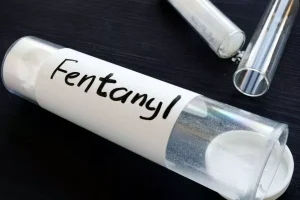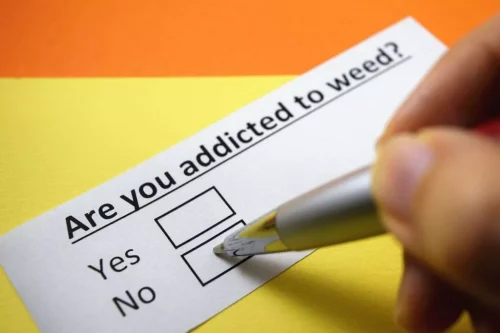Alcohol Recovery Diet: What You Should Eat and Why It Matters

For instance, after establishing a regular walking routine, try adding strength training or a yoga class. With nutrition, consider meal prepping healthy meals for the week ahead to avoid the temptation of fast food or convenience items. The FHE Health team is committed to providing accurate information that adheres to the highest standards of writing. This is part of our ongoing commitment to ensure FHE Health is trusted as a leader in mental health and addiction care. Vegetables are packed with critical vitamins and nutrients, so getting plenty of leafy greens is always encouraged.
- Similar to sugar, these foods stimulate the body to release dopamine.
- Consider a zinc supplement, or eat plenty of shellfish, beef and pork, oats, cashews, and chickpeas.
- It’s important to select snacks that not only nourish the body but also help to manage cravings and maintain steady blood glucose levels.
- These top five foods that aid in alcohol recovery are foods to prioritize as you return to physical and mental wellness.
- During detoxification, or the immediate period following alcohol withdrawal, a doctor should monitor these levels and decide if supplementation is necessary to preserve healthy bodily function.
- Caring, compassionate and strongly motivated to make a difference in the organizations I am affiliated with and welfare of the population we serve.
Diet for Recovering Alcoholics: Nourish Your Recovery
If you’re able to make an investment, consider getting a juicer and plenty of fruits and vegetables to start getting vitamins back in your system while you hydrate. Early in recovery, your body will need to readjust to the feeling of hunger. That’s why it’s important to eat three meals a day plus snacks as your body heals. If you don’t feel hungry, think about taking nutritional supplements. Without it, you can have strong cravings, mood swings, and hostile behavior. We get amino acids from protein in foods like meat, dairy products, and nuts, along with some grains and beans.
Nuts: Healthy Snacks for Satisfying Cravings
Once addiction has forced changes in the brain, however, it damages neuroplasticity and makes it much harder to adapt to sobriety. Additionally, the adaptations that the brain develops disrupt crucial neuropathways, decreasing neurotransmitters best diet for recovering alcoholic and their ability to move normally through the brain. Lack of these nutrients can result in anemia, which makes the sufferer feel cold, lethargic and frequently dizzy. They may also experience frequent headaches and feel short of breath.
Alcoholic Diet
- One of the most effective ways to overcome these barriers is by seeking support.
- The best foods for alcohol detox are those that will help the body heal.
- Prolonged alcohol use can also cause a severe deficiency in thiamine, a nutrient vital to brain health; this deficiency can lead to permanent brain damage.
- Fish such as mackerel and salmon are rich in vitamin D, healthy fats, omega-3 fatty acids, and protein.
- Alcoholism can result in various nutritional deficiencies due to the impact of alcohol on the body’s ability to absorb and utilize essential nutrients.
Many of the effects of drinking every day can be reversed through early intervention. Good nutrition during recovery is important; however, good dietary practices rarely happen accidentally. A good plan is essential to maximize the benefit of changing your diet and stick with the changes during recovery. Alcohol is an empty calorie, increasing your calorie intake without actually providing nutritional value. Heavily drinking increases calorie intake significantly, making you more likely to gain weight.

Protein from both animal and plant sources are broken down into amino acids that the body uses to repair cells. Animal sources of protein like tuna, turkey and chicken are also great sources of vitamin B6. Red meat, pork and poultry provide iron, and fish like salmon are great sources of both omega-3 fatty acids and calcium. You can also get plant proteins from lentils, tofu (soy), black beans and quinoa. Alcohol is notorious for dehydrating the body, and many drug users do not feel the need to drink water while using. In addition to lots of water, try electrolyte-packed beverages such as Gatorade and coconut water as well, especially if you’ve been vomiting.

That said, some studies have found that it can boost your chances for a successful recovery. Other research shows that thorough nutrition education can improve the odds that you’ll still be sober after 3 months. This makes you less hungry for food, so there’s a higher chance you’ll skip meals or choose foods that are low in nutrients.
Early Warning Signs of Alcoholism in a Loved One
A Balanced Diet Promotes Healthy Alcohol Recovery

